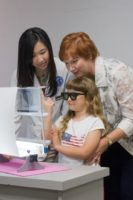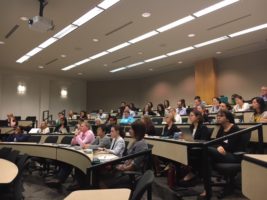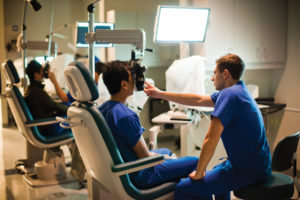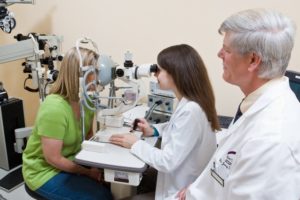
Employment of optometrists is projected to grow 18 percent from 2016 to 2026, much faster than the average for all occupations. Because vision problems tend to occur more frequently later in life, an aging population will lead to demand for more optometrists.

Graduate degree programs in optometry are usually research oriented and are for individuals interested in delving further into the “whys” and “hows” of the visual system. Master’s and/or PhD degrees are offered at many of the schools and colleges of optometry and are identified by different names, but all emphasize and explore some aspect of vision and the visual and ocular system.

The Association of Schools and Colleges of Optometry (ASCO) is the academic leadership organization committed to promoting, advancing and achieving excellence in optometric education. Since 1941, ASCO has achieved this vision by representing the interests of institutions of optometric education, enhancing the efforts of these institutions as they prepare highly qualified graduates for entrance into the profession of optometry and serving the public’s eye and vision needs.
ASCO proudly represents all accredited schools and colleges of optometry in the United States and Puerto Rico. ASCO also has Associate and Affiliate members and organizations.
ASCO’s activities cover a wide range of programs including applicant development and diversity, faculty and executive development, advocacy, residency promotion, data development and communications.

Doctor of Optometry: Only one degree qualifies you to become an optometrist: the Doctor of Optometry (OD), a four-year, doctoral-level degree. While concentrating primarily on structure, function and disorders of the eye, students in a professional OD program will also take courses in human anatomy, biochemistry and physiology, among others, to prepare for their role as primary-care doctors protecting patients’ overall health and wellness. Check out these resources for further information about this great career.